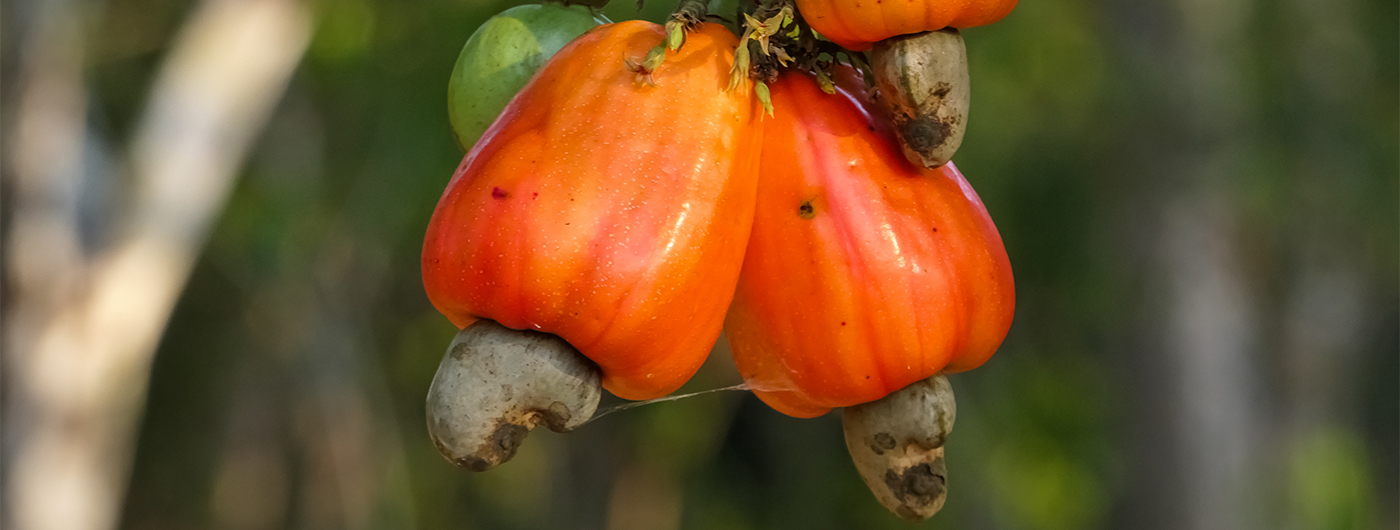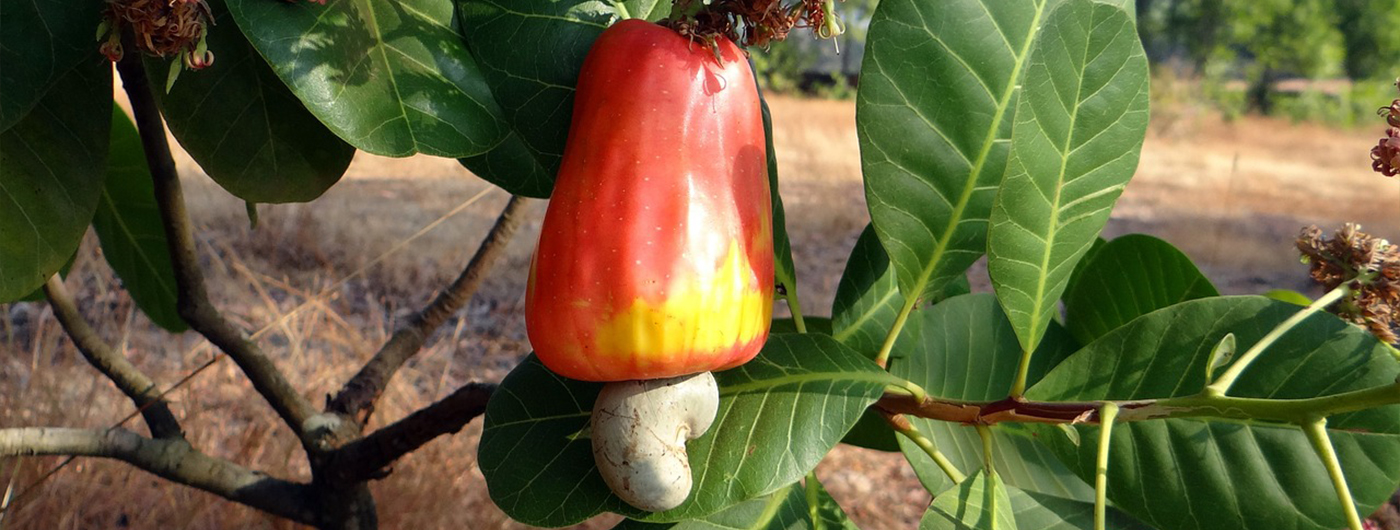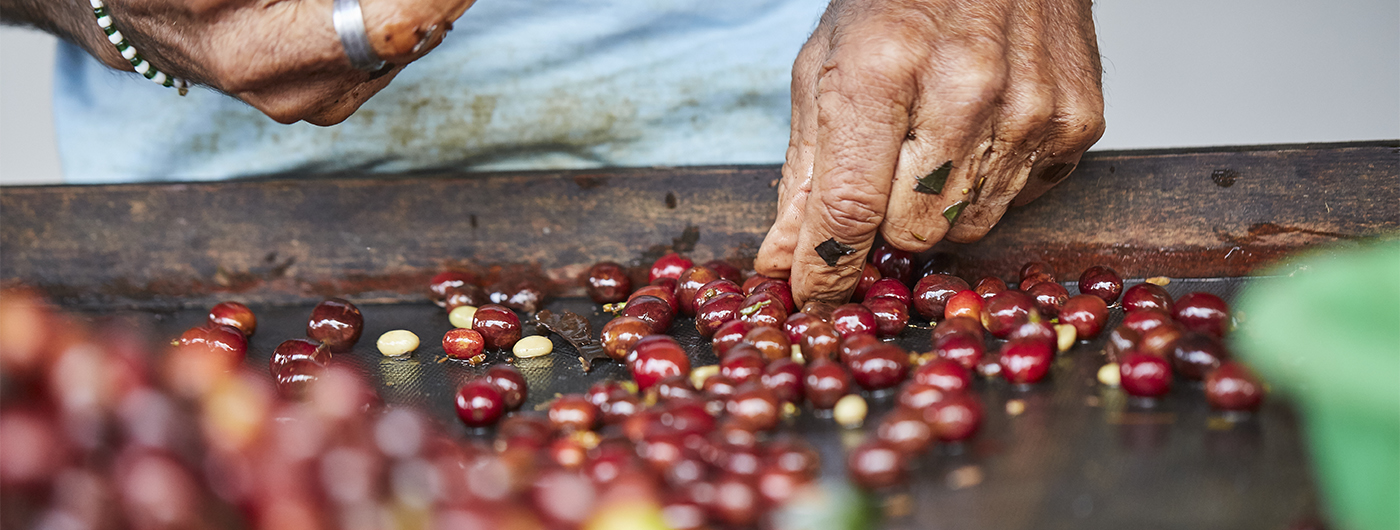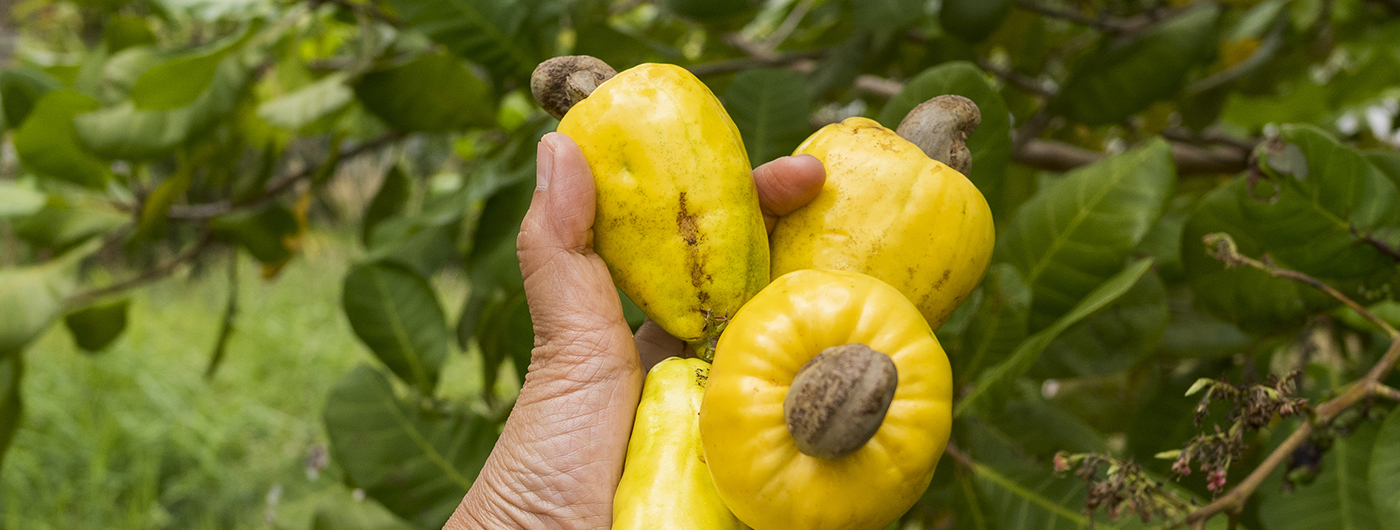

Cashew Nut Market in Africa for the 2025 Harvest Season
As we approach the 2025 cashew nut harvest season, the African cashew industry is experiencing significant growth and transformation. This report provides an in-depth analysis, incorporating various data points and insights about production forecasts, pricing trends, and market dynamics across key producing countries.
Projected Production Levels
▬ Côte d’Ivoire: Expected to produce approximately 1.15 million tonnes of cashew nuts in 2025, a 20% increase from 944,667 tonnes in 2024. The Ivorian government has invested over $20 million to support local processors and improve production practices. The country continues to expand its cashew acreage, with more than 10% of its trees under a decade old, contributing to higher yields.
▬ Tanzania: Projected production for the 2024/2025 season is around 408,600 metric tons, reflecting a 34% increase from the previous year. This growth is supported by new auction systems that enhance farmers’ pricing power.
▬ Benin: Anticipated production for the 2024/2025 season is set at 225,000 tonnes, marking an 11.9% rise from 201,000 tonnes in 2023. The government has banned the export of raw cashew nuts to promote local processing and value addition.
▬ Nigeria: As another significant producer, Nigeria’s cashew output is expected to remain stable but competitive. The country’s production strategies are focused on improving yield through better agricultural practices.
Pricing Trends
▬ In Côte d’Ivoire, the purchase price for cashew nuts has been set at 425 CFA francs (approximately $0.66) per kilogram for 2025, up from 275 CFA francs ($0.43) in 2024.
▬ Tanzania’s auction prices range between 4,035 to 4,120 Tanzanian shillings (USD 1.48 to USD 1.51) per kilogram, significantly higher than previous years.
▬ In Benin, the government-set price for cashew nuts is 375 CFA francs (USD 0.59) per kilogram for 2025, which is lower than Côte d’Ivoire’s prices but reflects efforts to enhance local processing capabilities.
▬ In South Africa, retail prices for raw cashew nuts range from ZAR 264.60 to ZAR 302.41 (USD 13.62 to USD 15.56) per kilogram as of early February 2025.
Market Dynamics and Influencing Factors
The African cashew market is influenced by several key factors:
▬ Increasing Global Demand: The demand for cashews in European markets is rising due to their health benefits and versatility in culinary applications. Imports from African countries like Burkina Faso and Côte d’Ivoire have shown significant growth rates of 74% and 28%, respectively.
▬ Government Initiatives: Many African governments are implementing policies to support local production and processing. For instance, Côte d’Ivoire’s government has introduced tax incentives and funding for processing facilities.
▬ Technological Advancements: The adoption of hybrid seeds and modern farming techniques is enhancing productivity across the continent. Investments in mechanized processing facilities are also reducing post-harvest losses.
▬ Sustainability Focus: There is a growing emphasis on sustainable farming practices and organic production methods among African cashew producers, which enhances their market competitiveness.
▬ Infrastructure Challenges: Despite positive trends, challenges such as inadequate post-harvest handling practices and limited access to financing remain barriers for many smallholder farmers.
Market Size and Growth Projections
The African cashew market size was valued at approximately $822 million in 2023, with projections indicating growth to about $1.02 billion by 2030, reflecting a compound annual growth rate (CAGR) of 3.67% during this period.
Key insights include:
▬ The market is characterized by fragmentation with numerous small-scale farmers alongside larger processors.
▬ The packaged cashew segment is expected to dominate due to increasing consumer demand for processed products.
▬ The ongoing development of value-added products such as cashew milk and butter is diversifying market offerings.
In conclusion, the African cashew nut market is positioned for robust growth as we head into the 2025 harvest season. With increased production forecasts driven by government support, technological advancements, and rising global demand, stakeholders within this sector must navigate ongoing challenges while capitalizing on emerging opportunities for sustainable growth and profitability. KAI Farm remains committed to supporting our partners as they adapt to these evolving market conditions.


